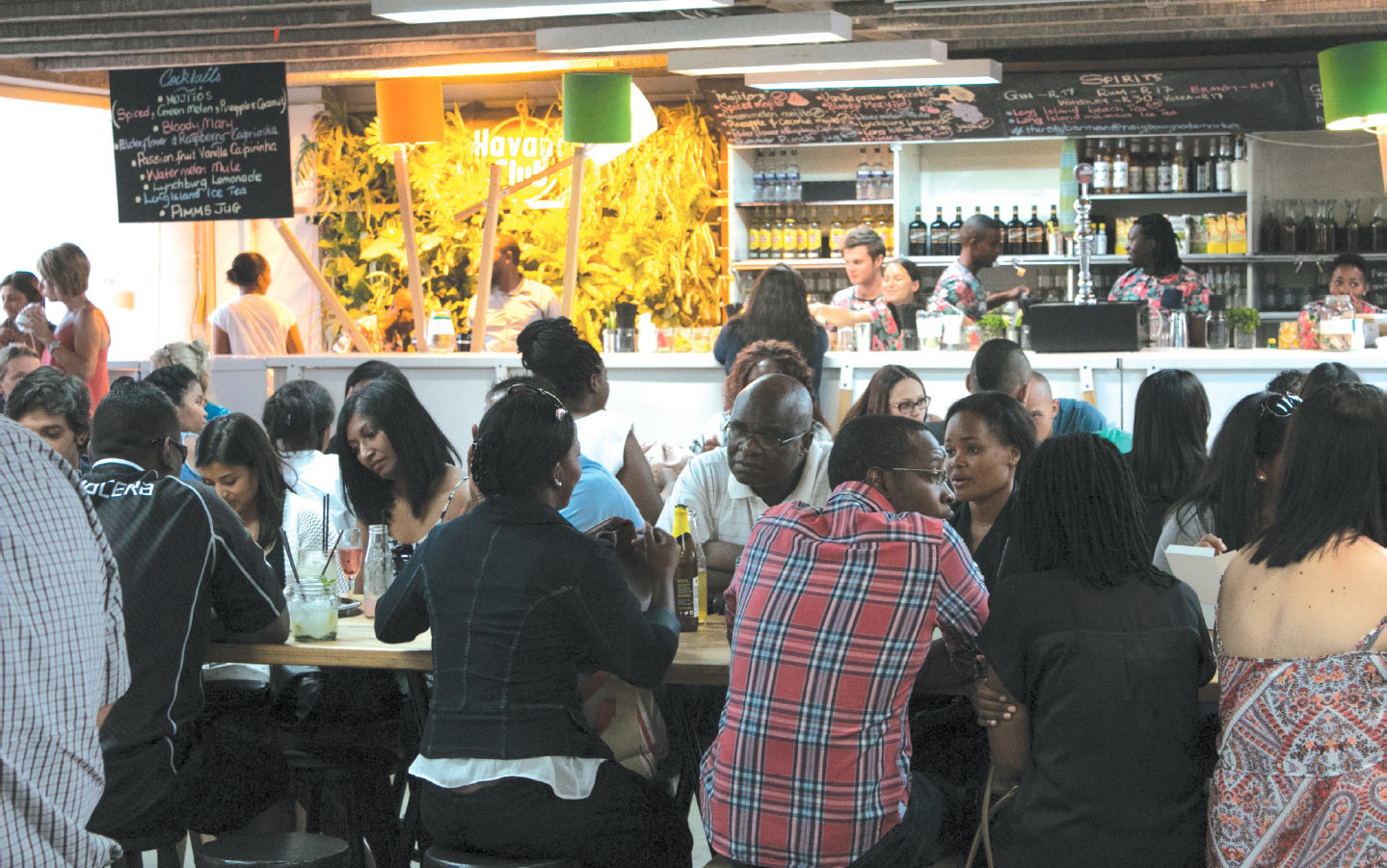The United Nations Development Programme’s (UNDP) Human Development Report for 2013 identified the middle class as a vehicle for socio-economic change in the global south. The African Development Bank celebrated the growth of an African middle class, estimated at 300 to 500 million people. However, the generous inclusion even of what was termed ‘strugglers’ or ‘floating class’ battling to make ends meet seemed rather odd. As an observer remarked, everyone not starving qualified as middle class.
Henning Melber, Extraordinary Professor at the Department of Political Sciences, and Editor-in-Chief of the Strategic Review for Southern Africa, has focused much of his recent analyses on the African middle classes. He edited and contributed to The Rise of the African Middle Classes (Zed Books, forthcoming), and has published several articles on this topic.
African middle class(es) were considered as torch bearers for promoting good governance. But little research had really been undertaken to explore the extent to which such middle classes are indeed a positive factor influencing policies. Often the beneficiaries of authoritarian regimes, middle classes are anything but, by definition, progressive.
Scholars in African Studies have finally taken more initiative to gain ownership of the middle class debate. South Africa, with its vibrant and dynamic middle class, is a particular case in point. A growing number of in-depth analyses have managed to demystify the notion of middle class. They also bring to the fore (similar to case studies in other African countries) that a middle class is a rather heterogeneous affair – exacerbated in the post-apartheid setting by the racial component.
After all, economistic-reduced number crunching as regards income levels tells little about social status and orientation, while other factors contributing to and shaping identities and political orientations remain ignored. Lifestyle, religion, regional, cultural and ethnic affinities, as well as the urban and rural milieu, all play a role. The debate has often lacked a historical dimension and even more so class analysis. One should also not reduce social analysis to an isolated middle-class focus. The role of the state, policy-makers and bureaucracy alike, remain substantial factors. Not to forget the richest segment of societies. After all, as statistical evidence shows, the rich get richer while the social discrepancies in most countries grow. As the economist Palma reminds us, “it is the share of the rich, stupid!” which might, despite the middle-class debate, remain the most important singular factor.
 A scene from the popular Neighbourgoods Market in Braamfontein, Johannesburg
A scene from the popular Neighbourgoods Market in Braamfontein, Johannesburg